
In celebration of their new film, we sit down with the rising twin film duo, Eskobros, to uncover whether they’re truly two people or just one in disguise. With their unique energy filling the room, we dive into their world of teamwork, sibling dynamics, and big dreams. Step inside.
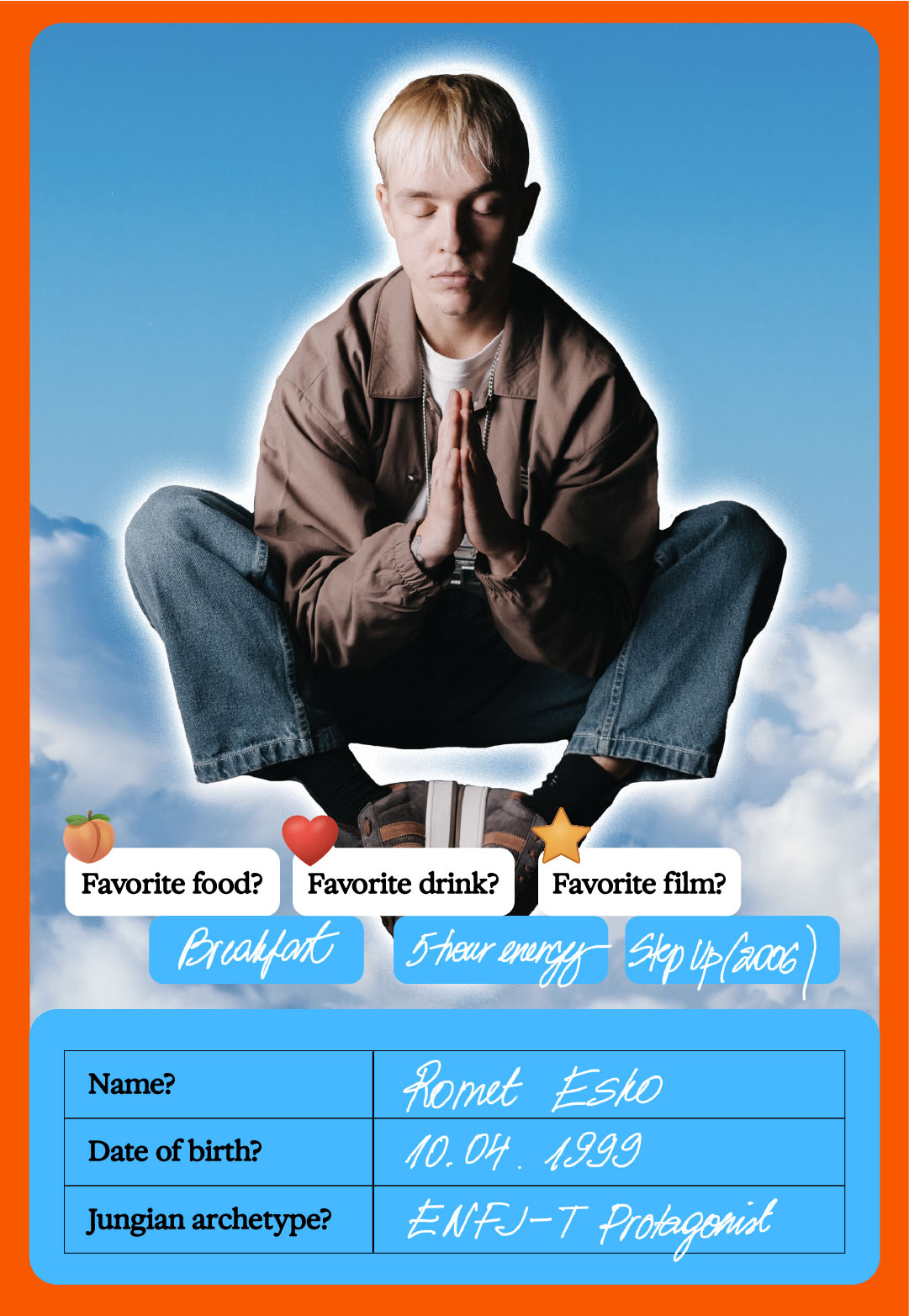
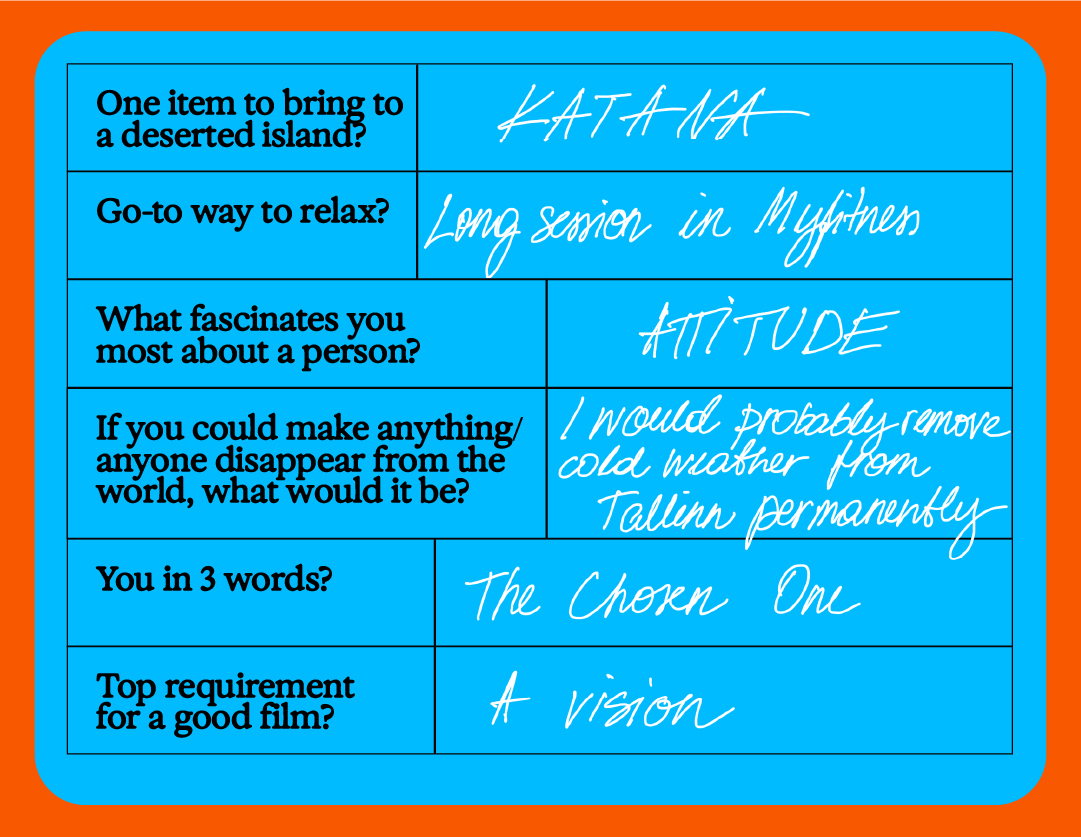
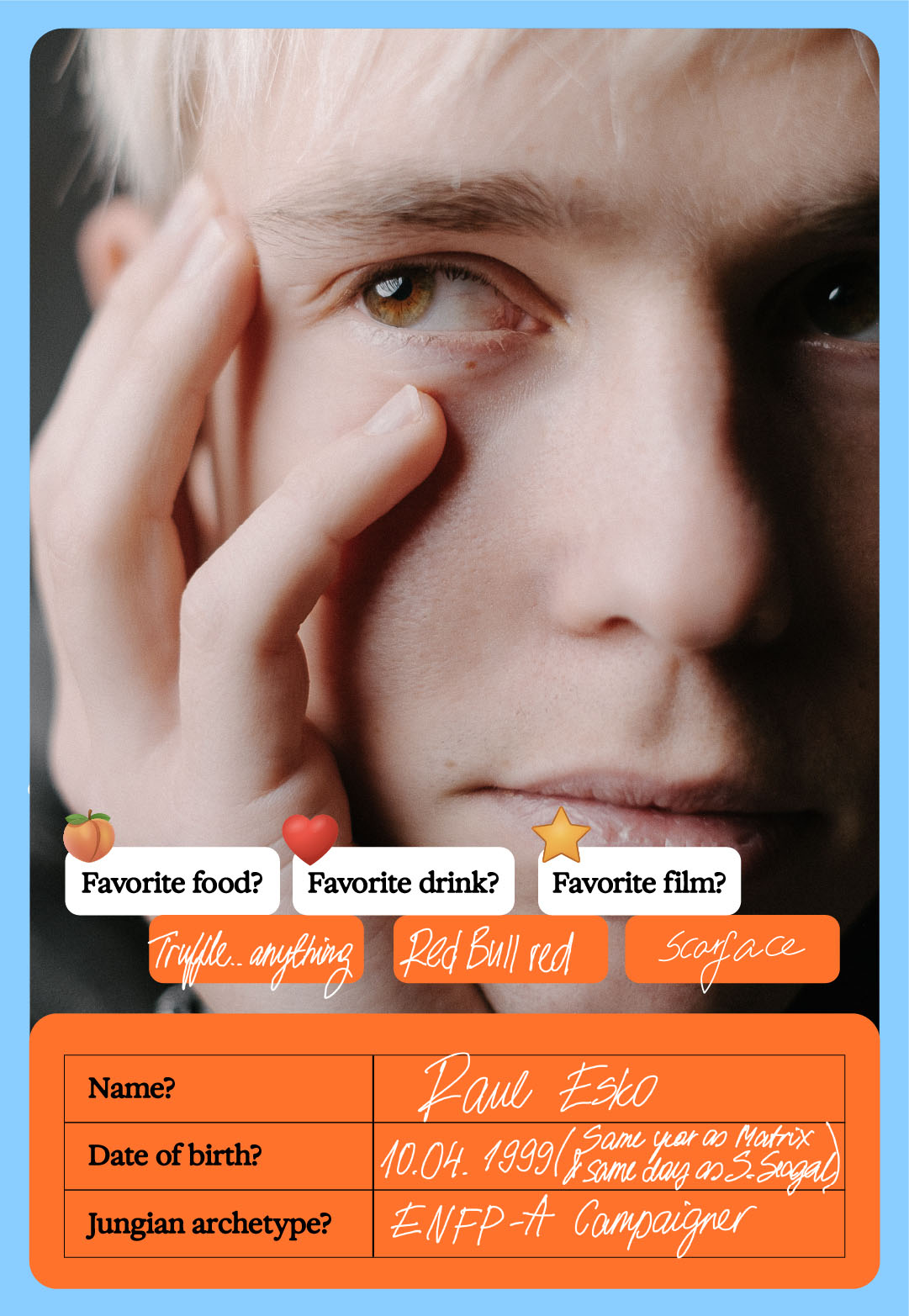
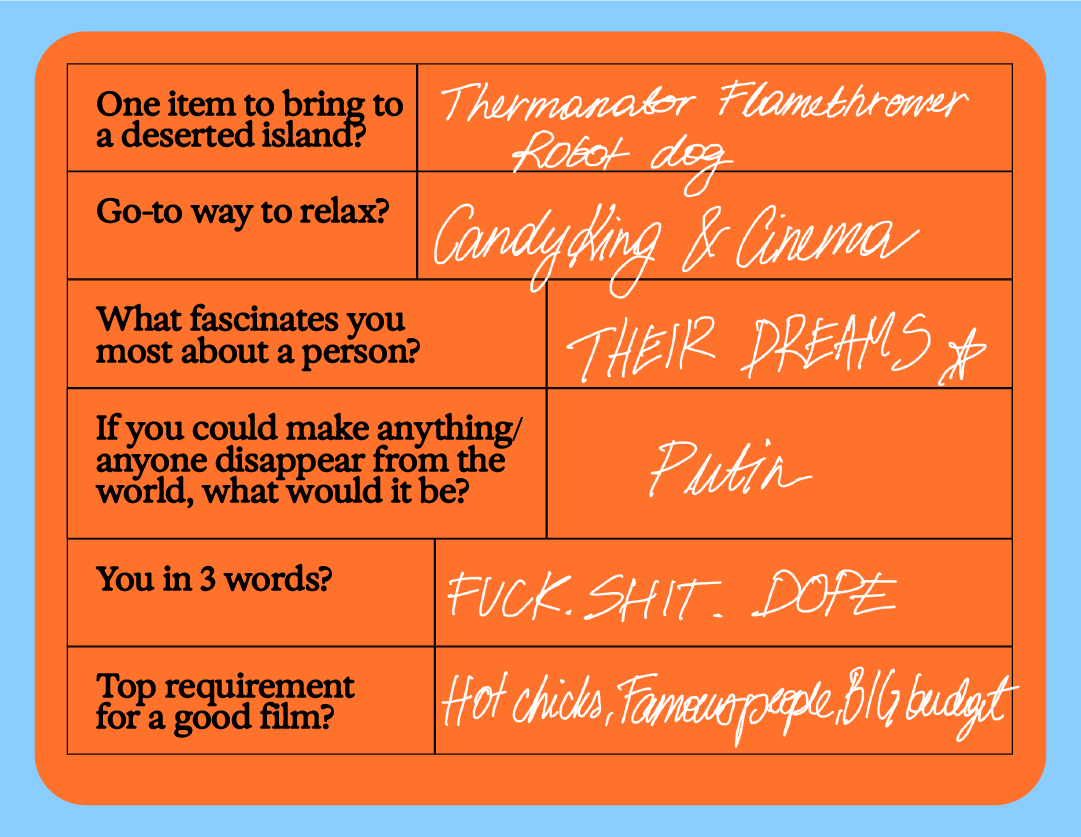
After first meeting you, I frantically tried to keep track of who was who so I wouldn’t mix you up. I even considered bringing a print-out photo with your names on it—but that felt a bit ridiculous. Yet, as you said, after an hour of hanging out, it becomes surprisingly easy to tell you apart. You must have swapped places as kids, right? Do you still pull that trick now?
Romet: Honesty was a big deal in our family—our parents drilled it into us—so we didn’t really need to swap places. But yeah, we’d still get mixed up by other people all the time. Most folks just called us by our last name to play it safe. That said, there were a few... exceptions. Like that one time I took a piss test for Raul. And another time, I took his IELTS university English exam. You know, just casual twin stuff.
Raul: Oh, for sure, mistaken identity happens constantly. Random strangers come up to me thinking I’m Romet all the time. Just a few weeks ago, I was in the sauna at MyFitness when these two guys I’d never seen before struck up a conversation. One of them asked how my back was doing. I instantly realized they thought I was Romet, but explaining felt like way too much work. So I just played along—“Oh yeah, the back’s great now, thanks!”
So, real talk: Can you read each other’s minds, or is that just a twin myth?
Romet: Oh, it’s 100% legit.
Raul: Or... maybe it’s just really good intuition. After being this close for 25 years, you kind of learn to guess what the other one’s thinking. But sure, let’s call it mind-reading—it sounds cooler.
Do you remember the moment you realized there was another little human who looked just like you? That there were two of you in the world?
Romet: Honestly, every first memory I have of life includes Raul. Being together has always been my default setting—moments alone still feel a bit strange. It’s only in the past few years that we’ve started figuring out how to see life as individuals.
Raul: Funny you ask. A few months ago, I was telling a friend a story from when we were kids—maybe 4 or 5 years old—playing hide and seek. One of us hid in the closet, and when the other came to look, the one in the closet slammed the door open. It hit the other straight in the forehead, and bam, blood everywhere. As I was telling the story, I started doubting whether I was the one in the closet or the one who got slammed. The more I thought about it, the more I realized I had no idea—I only remembered the situation. I think that sums it up: growing up, it wasn’t “me” or “him.” It was always “us.” One of us broke a head, and the other broke a heart for breaking his brother’s head.
So no, there wasn’t some big aha moment of realizing there were two of us—it was more like slowly learning how to see ourselves as separate people over time.
You’ve said your relationship is like Bruce Wayne and Batman. Do you switch roles depending on the mood, or does it work on some secret twin “airdrop” system?
Romet: I guess I’m Bruce then. You know, the sexy billionaire. Actually... wait, no. I suit up too when the bat signal goes up. So yeah, we’ve got different roles, but we definitely switch them depending on the situation.
Raul: Yeah, we’re pretty good at taking over each other’s responsibilities—it’s like second nature to us. Pretending to be the other half? Easy. It all depends on the day. Sometimes one of us feels like being Batman, and the next day, we switch. No airdrop required, just good old twin telepathy.
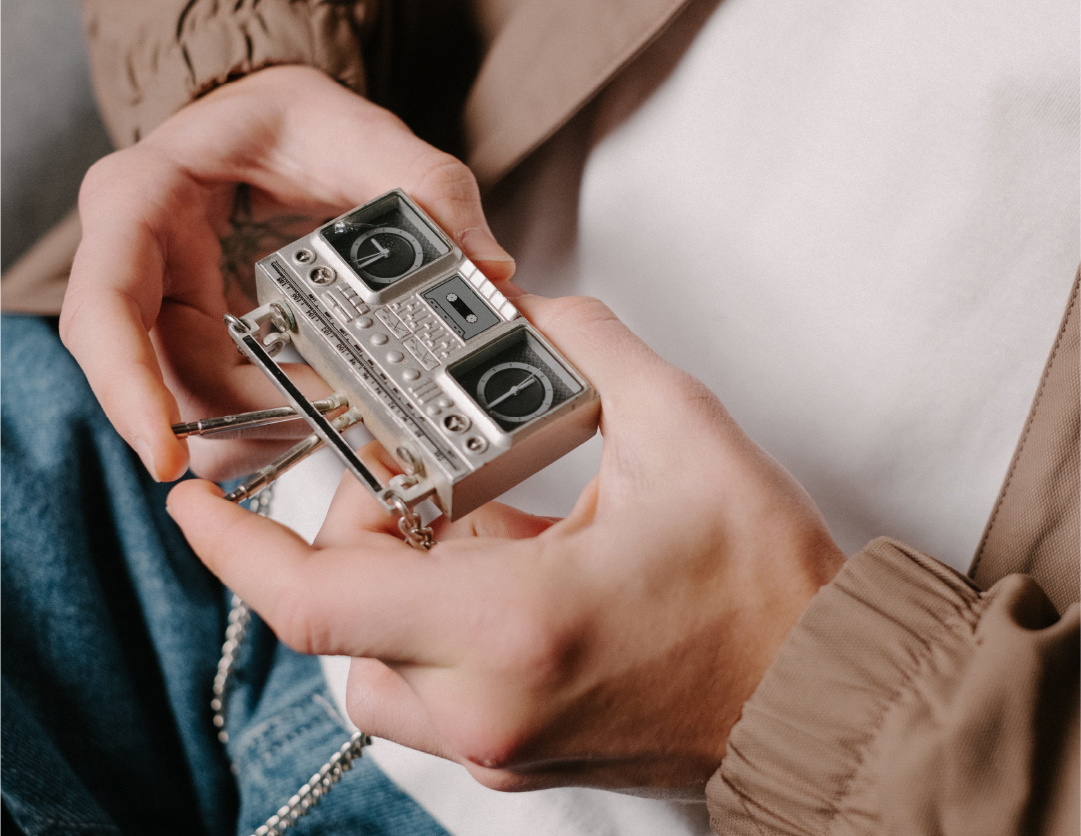
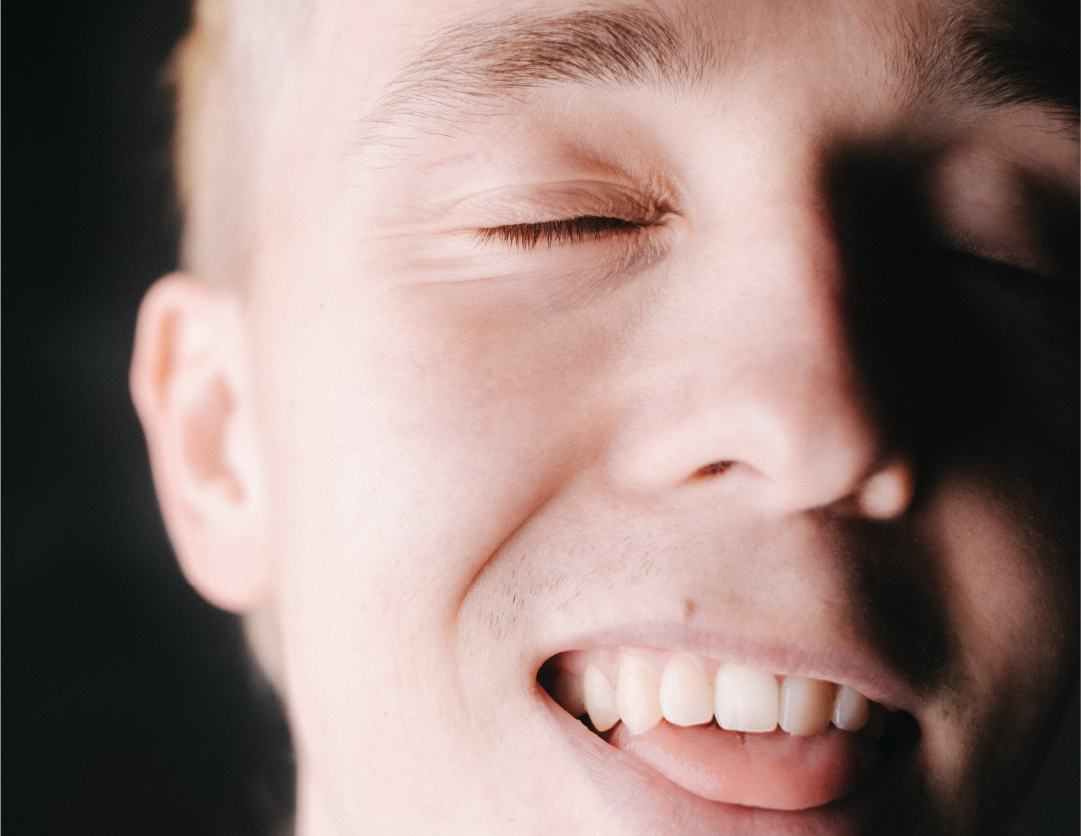
Oh, I envy you. But you’ve called being a twin both a blessing and a curse. Can you elaborate on that paradox?
Romet: I’ve always had a lifelong friend by my side, which is incredible. But at the same time, I’ve shared everything with him—my time, my space, my experiences. It’s meant I’ve spent less time growing as an individual and more time growing as Eskobros.
Raul: Exactly. A lot of our decisions are based on what’s best for Eskobros, not necessarily what’s best for Romet or Raul individually. The result? Eskobros gets stronger, but we don’t always get exactly what we want as individuals because we’re constantly considering each other’s feelings and hopes. That said, the flip side is that when we’re building something together, it takes half the time.
What’s the longest time you’ve ever spent apart? And how did it feel?
Romet: Three weeks. It was when we were selling books in America. Honestly, I started tripping for real. At one point, we had to do video calls just to remind ourselves that the other bro still existed and hadn’t morphed into someone else.
Raul: Life felt a lot more boring, to be honest. I kept thinking, Man, I wish Romet was here—he’d love this, or We’d be cracking up about this together. I ended up taking tons of photos just to show him everything I experienced. But honestly, new experiences make you stronger, and people grow the most when they’re out of their comfort zone. Those three weeks proved to me that I can totally handle life on my own—but I’d still prefer doing it as a team.
Do you ever fight? If so, what’s usually the cause? Creative differences or who gets the last piece of pizza? Girls?
Romet: We don’t really eat pizza... but girls? Delicious.
Raul: We definitely have small arguments daily—normal twin stuff. But we figured out a long time ago that full-on fighting doesn’t help either of us. When we do argue, it’s usually about work stuff. And honestly, those arguments are super productive. They almost always lead to a mix of both ideas, with the weaker ones getting weeded out. Think of it as natural selection for creativity.
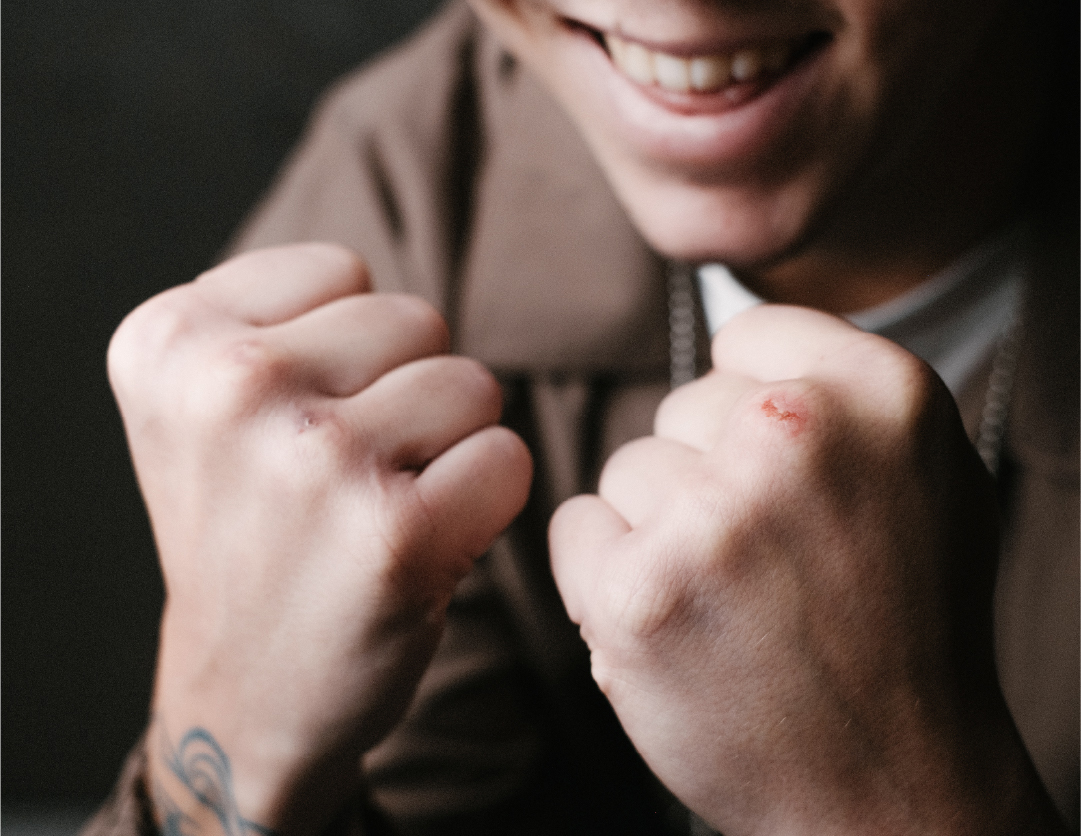
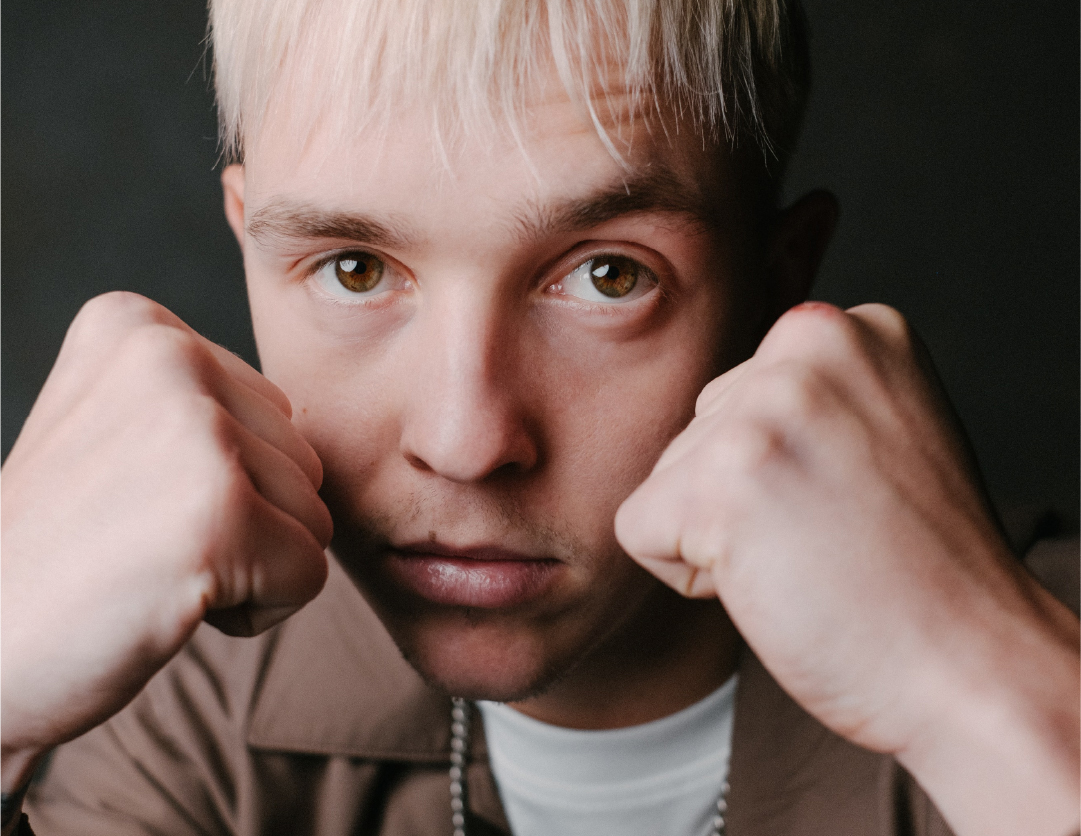
You both identify as extroverts now, but you mentioned being quite introverted as kids. When and how did that change happen?
Romet: I think it started when we were selling books in America. We developed this savage ability to talk to people and sell things, but more importantly, we learned how to make friends. That was just one side of the story, though. During that summer, our best friend in the world took his own life. It really shattered me and made me question everything—authority, rules, the whole system. It made me realize how absurd life can be, so why waste time worrying about things I don’t like?
Raul: Yeah, that summer was definitely a turning point. After that, we also started getting more attention in the media. It’s funny—media coverage kind of created these bold, fearless versions of us. And somehow, we started to believe it ourselves. That whole feedback loop snowballed, and here we are: extroverted Eskobros.
According to Jung’s archetypes, you’re quite similar but not the same(!) You both share Extraverted (E), Intuitive (N), and Feeling (F) traits, known for empathy, diplomacy, and passionate idealism. But Romet, as an ENFJ Protagonist, you’re the goal-driven leader. Raul, as an ENFP Campaigner, you’re the free-spirited creative. Do these descriptions ring a bell?
Romet: Yeah, we took that same test back in high school, and the results matched. Now, though, we've each honed our own skill sets, so we lead the charge in different ways. I’m the one who takes out the trash, does the dishes, and tackles the harder tasks—basically, I’m all about getting things done. Raul, on the other hand, can get a little obsessed with a task and never backs down. It’s a bit of a savage combo, honestly. Day-to-day, on set, or even in the mansion, we make it work.
Raul:
Even though our age gap is only 13 minutes with Romet being the "older" one, there’s this “big brother, little brother” dynamic that plays out. It's subtle, but it’s there—Romet tends to take on more responsibility while I lean into the spontaneous, take-it-easy vibe. I guess you could say Romet is the thinker in the family.
You started school at Lasnamäe Gymnasium. How was the experience of growing up in the hood? And then, you made quite the leap to Vanalinna Hariduskolleegium. What was that transition like?
Romet:
It was like starting a brand new game and realizing none of the cheat codes from the old one worked anymore. But once we really embraced who we were, we ended up becoming key players in the school.
Raul:
It was a huge shift. In Lasnamäe, everything was super chill, and we were always straight-A students. But after the first day at Vanalinna Hariduskolleegium, I felt like a total imposter, like I'd wandered into a room full of geniuses. In Lasnamäe, most problems were solved with a good old-fashioned beatdown, but at VHK, the fights were all mental. Eventually, though, we figured out how to blend in.
Good old imposter syndrome… And then you both ended up at Baltic Film and Media School, but with different majors: Romet in Audiovisual Media and Raul in Film Arts. Was this a strategic choice to cover all bases, or simply a matter of following individual passions?
Both:
It was kind of a mix of both. We didn’t want to study exactly the same thing, but we definitely picked fields that suited us best. That way, we could bring two different areas together and make it work.
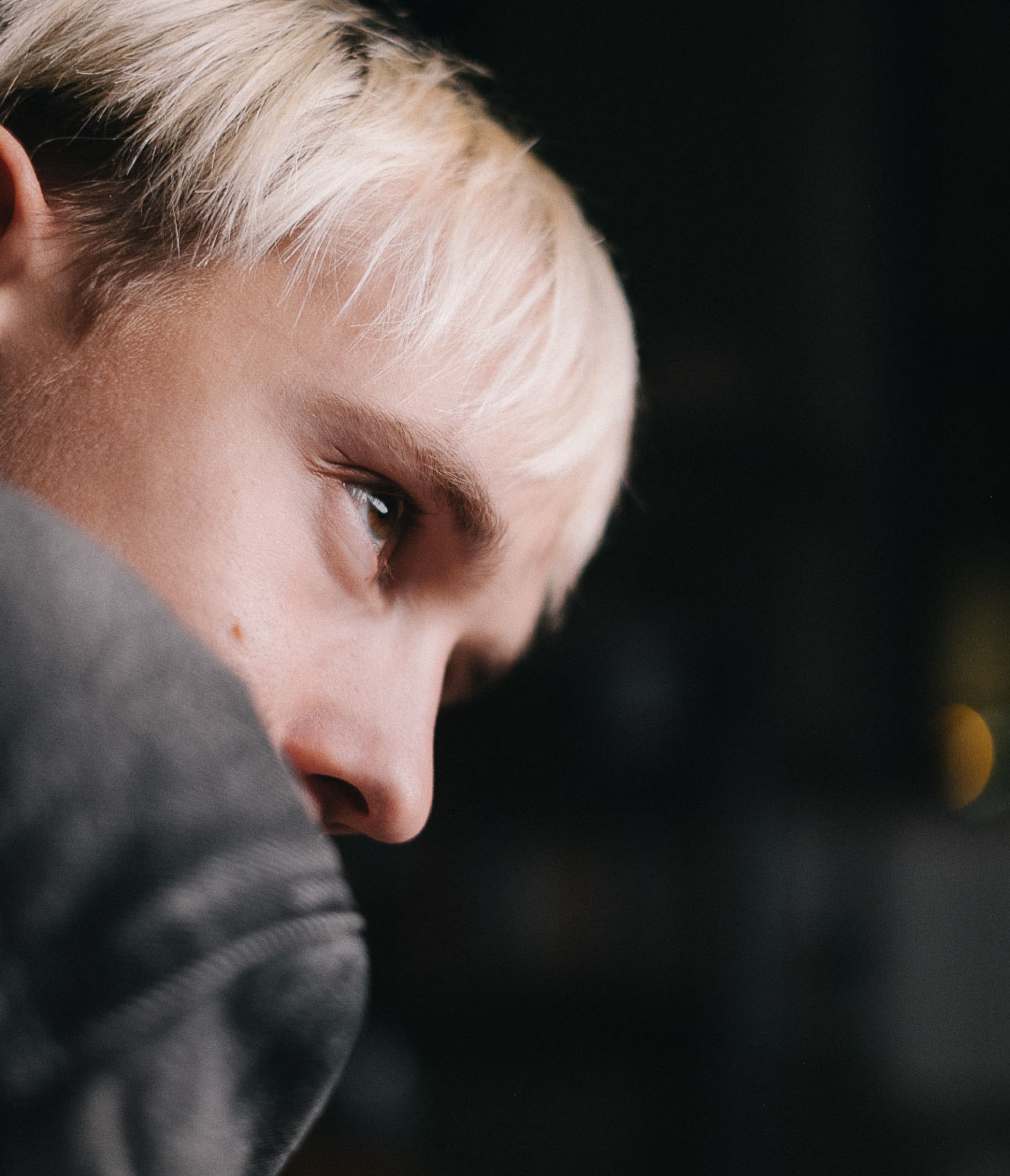
Speaking of individual interests, how did choosing those different degrees shape your approach to filmmaking? Did it make you more complementary as a team?
Romet:
I started out studying cinematography, so I got the technical side of framing shots down. Then, for my master's, I wanted to dive into directing to be able to better communicate my ideas to actors.
Raul:
We’re pretty much a two-man army now. Our filmmaking arsenal is packed with double the skills and knowledge. Plus, whenever one of us learns something new, it kind of magically transfers over to the other. We don’t really buy into the whole "one person, one job" structure. For us, filmmaking is way more organic. The best teams are the ones that are well-rounded and bring a bunch of skills to the table.
How has having a twin brother influenced your coming-of-age experience? Has it been more of a support, or did it ever feel like you needed space to grow independently?
Romet:
We've gone through all kinds of life stages together, so big changes have always been easier to handle since we've been in it together. No solo battles—just double the trouble.
Raul:
I think having a twin made it a lot easier to handle new situations. Take kindergarten, for example—while other kids were losing it because they were separated from their parents, we were totally fine. We didn’t even miss them that much because we had each other to hang out with. It was like the environment changed, but as long as we were together, everything felt comfortable.
You’ve directed award-winning music videos, commercials, and films. Do you see Estonia as a place to nurture your creative growth, or do you feel the need for brighter lights in bigger cities?
Romet:
Eskobros Worldwide. The hustle never stops—we’re always aiming for higher heights.
Raul:
Estonia will always be home, where we started this whole journey. I think it's the perfect place to grind and find ideas. One day, we hope those ideas will be big enough to reach the world. After spending almost two years in London, I can honestly say that Estonia’s been way better for our creativity and mental health. It's got a good vibe.
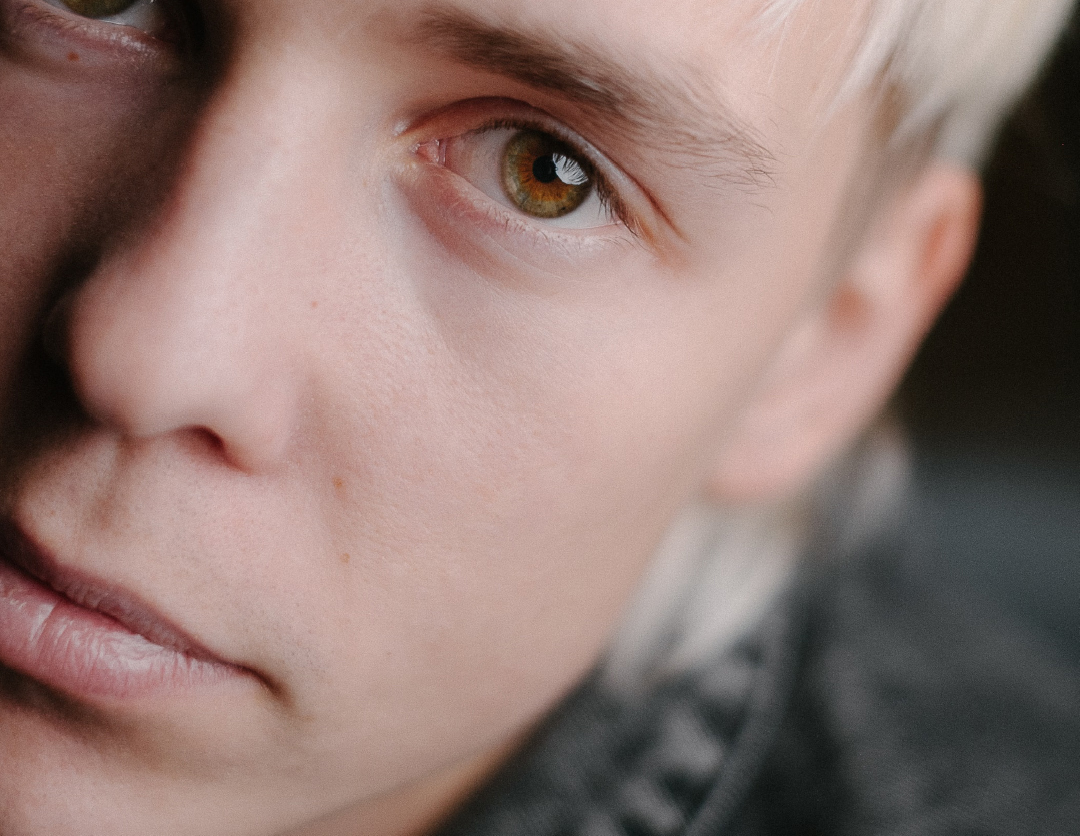
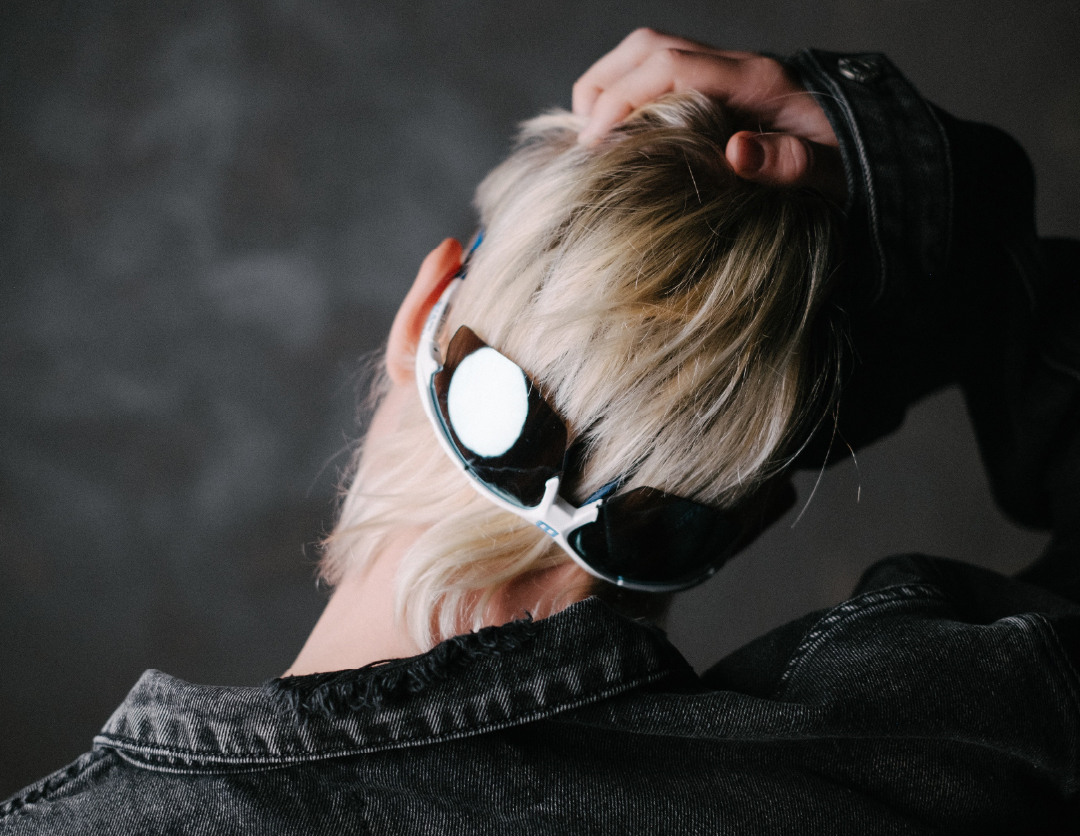
In 2020, you mentioned plans to move to LA after graduation. How’s that plan coming along?
Romet:
One of the first lessons my mom taught me was: if you want something and believe in it hard enough, you’ll get it. So, we’re never stopping. USA, here we come.
Raul:
We’re working on it! First, we’ve got to finish our debut feature. It feels like we need to wrap up the next one too before we head out. But LA? Still the dream on the horizon.
You’ve just released your new film, Two of Me, described as “a documentary cocktail of personal memories, youthful courage, naivety, and authentic emotions.” What can we expect from this film? And do you feel like you nailed capturing what it’s really like to be a twin?
Romet:
It’s basically our life in a movie. We hope all the wild stuff we went through to make it will inspire others to go for their crazy ideas, too.
Raul:
We definitely gave it our all in exploring the twin life. The film’s kind of like an open buffet—everyone can take what they like from it. One of the big goals was to inspire a new generation of Estonian filmmakers. If we can make a film about ourselves, then anyone can make a movie about anything. Hopefully, when people leave the theater, they feel inspired to chase whatever they're after.
Sounds like a peek into your lives—I’m looking forward to it! When it comes to your dynamic, is there any sense of competition between you two, or has it always been more about collaboration?
Romet:
Oh, it’s definitely a bit of both. We work together, but we never want to seem weaker than the other. I’ve spent my whole life trying to outdo him, and I know he’s been doing the same.
Raul:
Yeah, our whole life has been this unspoken competition. I don’t really care much about what the rest of the world is doing—I’m always comparing myself to my brother. It’s like life gave us the exact same cards, and it’s all about how well we play the game to win. We even used to make sure we ate exactly the same amount of food, because we were terrified that if I ate more, I’d end up fat and he’d stay lean.
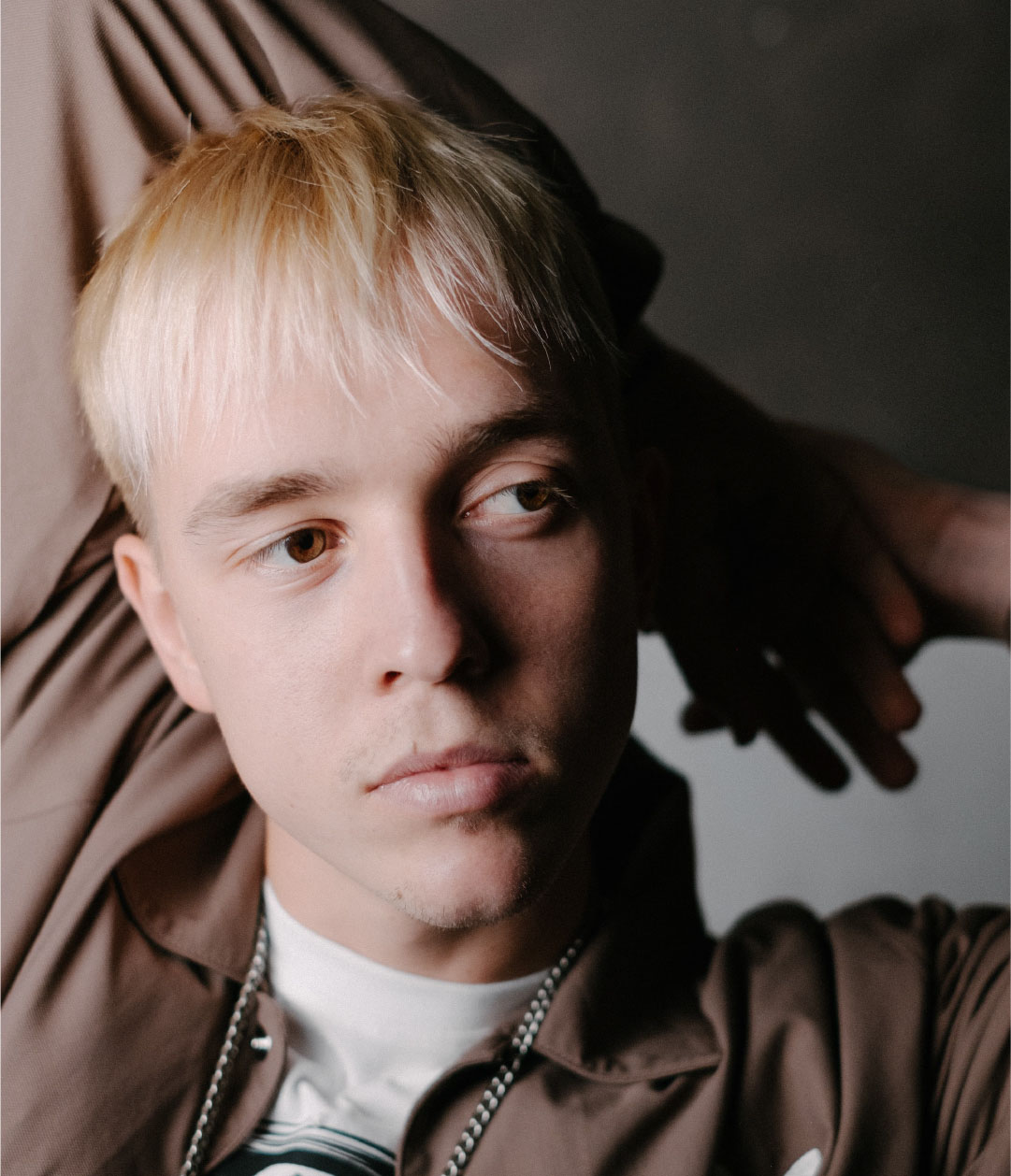
Haa, that’s so dramatic. Love it! Sounds like boxing has played a big role in your lives. You spent seven years competing at a pro level and even became Estonian champions. How has it influenced you both, and was the decision to quit something you mutually agreed on?
Romet:
There were definitely moments when I got scared or wanted to quit, but looking back, I’m so grateful for all the battles I fought. Knowing I’m a martial arts weapon is honestly one of the greatest feelings and gives me confidence in pretty much any situation.
Raul:
It was way more about mental strength than just physical strength. We learned a lot about the virtues of a true samurai—things like righteousness, justice, loyalty, honor, respect, honesty, courage, and consistency. It wasn’t so much about wanting to quit; it was more about finding our true purpose. I think we both fed off each other’s commitment and didn’t want to be the one who was less than the other. All those lessons we learned in the gym carry over into everyday life. After spending most of our teenage years training, life’s challenges seem a lot easier to handle. Going into the ring to fight someone? That takes an insane amount of overcoming fears.
Coming from a family of individuals, I can’t imagine hanging side-by-side with someone for decades without major friction. Yet, I’m also jealous of the bond you share. How did you navigate the teenage years?
Romet:
We stuck together and were kind of seen as the “special duo” in our friendship circles. Honestly, those were the happiest years of my life. And it just keeps getting better.
Raul:
Our teenage years were the best—no complaints here. The friction was minimal. The only tough part was probably on our parents, having to pay for everything double—like school trips, training gear, all that stuff.
That sounds so much better than my teenage years. But what’s harder: selling books in America or being a pro-level boxer?
Romet:
They both require the same thing: 100% dedication. If you give anything less, it’s just gonna suck.
Raul:
Selling books door-to-door is definitely harder, because it’s the shittiest job in the world.
Noted. A message to the world?
Romet:
Love.
Raul:
Dreams always come true, but first, you’ve got to dream.
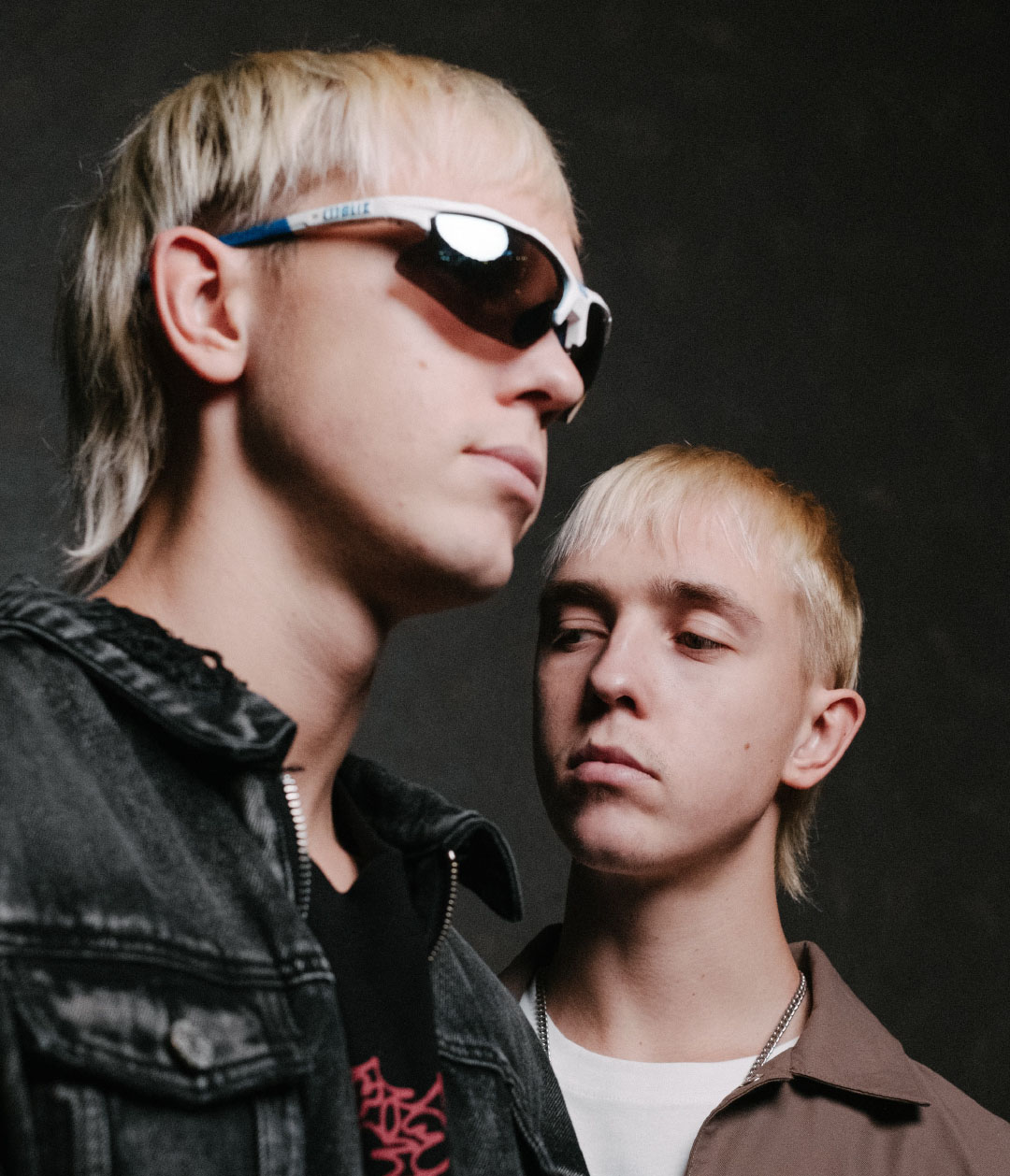
Production
Photographer: Jane Treima
Style: Camilla Sundvor
Models: Romet & Raul Esko
Interview: Paula-Stina Tasane